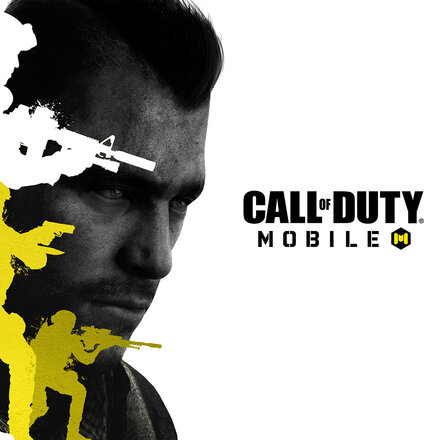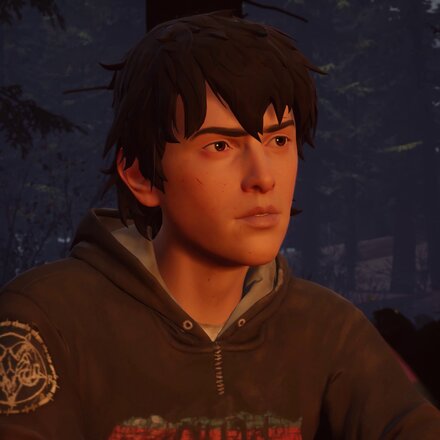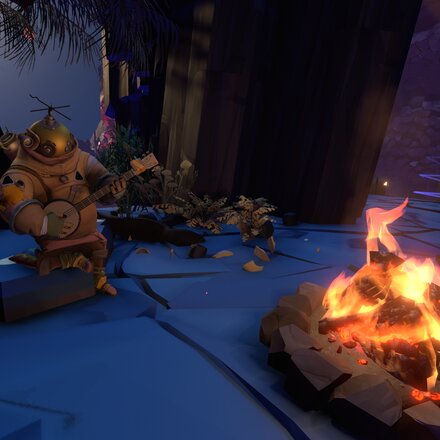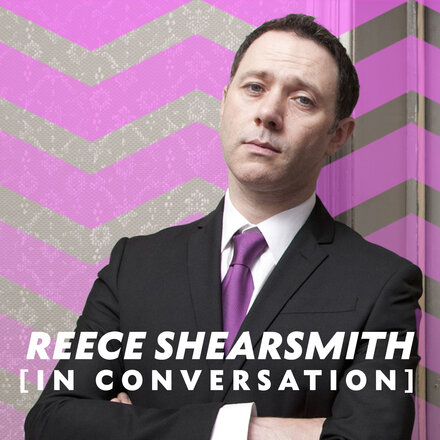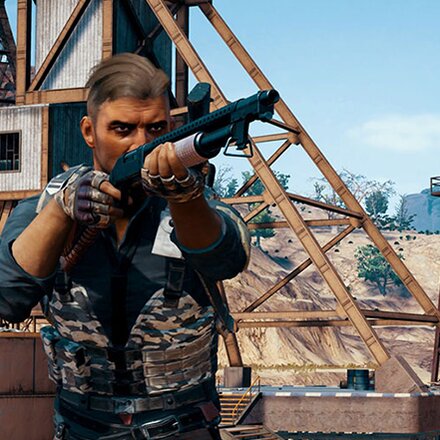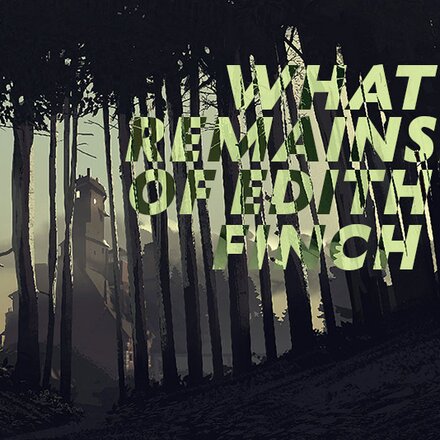Warning message
The subscription service is currently unavailable. Please try again later.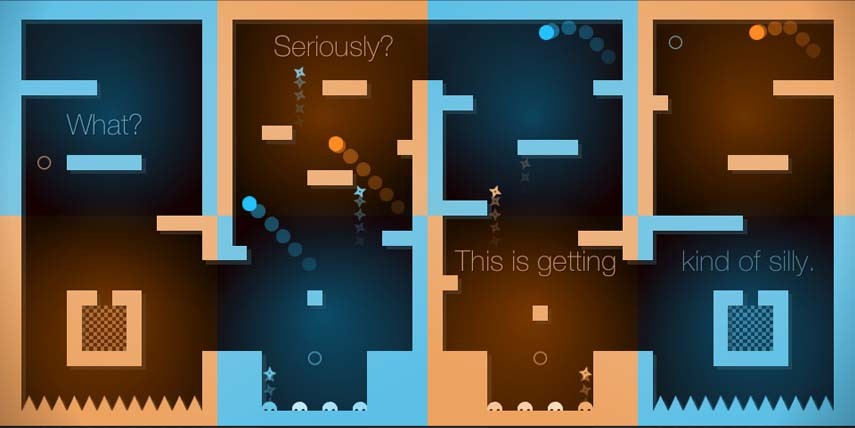
Spotlight On... Indie Games Developer Tony Gowland
We caught up with BAFTA Crew Games member and experienced Lead Designer, Tony Gowland. Now an Indie Developer and Consulting Game Designer at Ant Workshop, Tony has over a decade of experience in the games industry including senior and lead design roles at Rockstar Games, and as Associate Creative Officer of Mobile at Activision Blizzard. We discussed his career so far, getting into the industry and current projects.
Published 1 June 2015
What was your first experience with games?
I’ve had computers in the house for as long as I remember. I’m the youngest of three kids, so we had a computer when I was very young, a Vic 20 I believe. It had a great game where you had to trap a mouse that’s trying to escape a maze. Then an Acorn Electron before I had an Amiga and that was really the point where I started to get into games properly. The Amiga was the point where it got really cool. Pretty much my whole life has been games!
When did you first decide you wanted to work in the games industry, and what made you decide to be a designer?
I never really decided I wanted to work in the games industry, I sort of fell into it. Back when I was at University there weren’t really any games classes, so I just did a Computer Science Degree. During that, I did a year in industry at Compaq down in Reading. I was making software that archives your Outlook e-mail onto a web interface so you could search all of your e-mail, incredibly boring software.
We used to spend time after work playing Quake on the machines and I really got into making Quake levels in the level designer. That was also the same year that Half-Life came out so we were all playing Half-Life in terrible resolution on our lunch breaks. Half-Life used pretty much the same level editor as Quake, so it was easy to transition across. Counter-Strike came out around about that time too, so I got into mapping for that as well.
After that year in industry, I went back to University and applied for all sorts of jobs but nothing really specific to games. A company from Sheffield, Particle Systems, had posted on one of the Counter-Strike mapping forums, advertising that they needed designers for a new first person shooter. So I thought ‘why not?’ and applied. I went for an interview and lucky enough I got the job. Like I said, I never set my sights directly on working in the games industry, but it felt so natural to work there. I’ve never worked anywhere else and it’s just been the one for me.
Tell us more about your current role, is it very different working for yourself?
So Ant Workshop is my company that I set up, we do indie development and also consulting game design stuff. It’s quite different in terms of having to hunt work for myself. Before, people would turn up and tell you what game you’re making and give you a direction. Whereas now, I tend to go out to a lot of people, seeing if they need any help with what they’re doing or a bit of advice. It’s really interesting and exciting working on a load of projects at the same time. One of the reasons I got out of AAA console games was that they take so long to make. It was about 4-5 years and without sounding too morbid, comparing this with the amount of time in your working life, you’d only make about 10 games really if each one took that long. I really wanted to work on a lot of smaller things. Now I work for a couple of months on one game with somebody and move on.
What would you say to someone considering design as a career path?
I’d say don’t choose design by itself. Design wasn’t such a career path when I started out; you do see pure design a bit more now, but it’s probably not a viable path on its own. I think for the most part there’s a lot of dreamers trying to get into design and you need to have more strings to your bow.
As a designer it’s difficult to point to what you’ve done on the project, even if you have a finished game. Even on games that I worked on, such as Grand Theft Auto, if you point to a mission in GTA it’s hard for an outsider to know how much of what they’re seeing is scripting vs. engine code, and how much input art had in a layout. If you learn enough to make your own games entirely by yourself, that’s easier to quantify - ‘I made that’.
What are your top 3 tips for people who want to work in the games industry?
You’ve really got to play stuff, make stuff and talk to people. The tools are so much more accessible compared to when I got into everything. I currently work in Unity, and any problem you have you can just google it and you’ll find a massive list of valid solutions for the issue.
Talking to people is really important. Twitter is fantastic for people wanting to get into games. I’ve never known developers to be as accessible as they are on Twitter at the moment. You can just talk to these people, they’re nice and willing to chat to you about development. 10 years ago, I don’t even know how you would have got hold of them. The networking side of things, even if you’re socially awkward, it’s so easy to get chatting to people online and it makes life easier. Once you talk to people you’ll pick up on what they’re looking for and where the industry is going.
Can you talk about what you’re currently working on?
I can’t say anything about consulting, but I can say I’m currently working on Tealy and Orangey. There are two characters on the screen that you control at the same time with the same controls. The big concept of the game is that there are lots of areas where one character can or can’t progress, for example the teal character can’t cross orange spikes.
So what does 2015 look like for you?
Hoping to get Tealy and Orangey out on a platform later this year and just carry on with the consulting work!
You can find out more about Tealy and Orangey here and Tony's company here.
The BAFTA Crew Games programme is funded by Creative Skillset and run in partnership with the Wellcome Trust.

